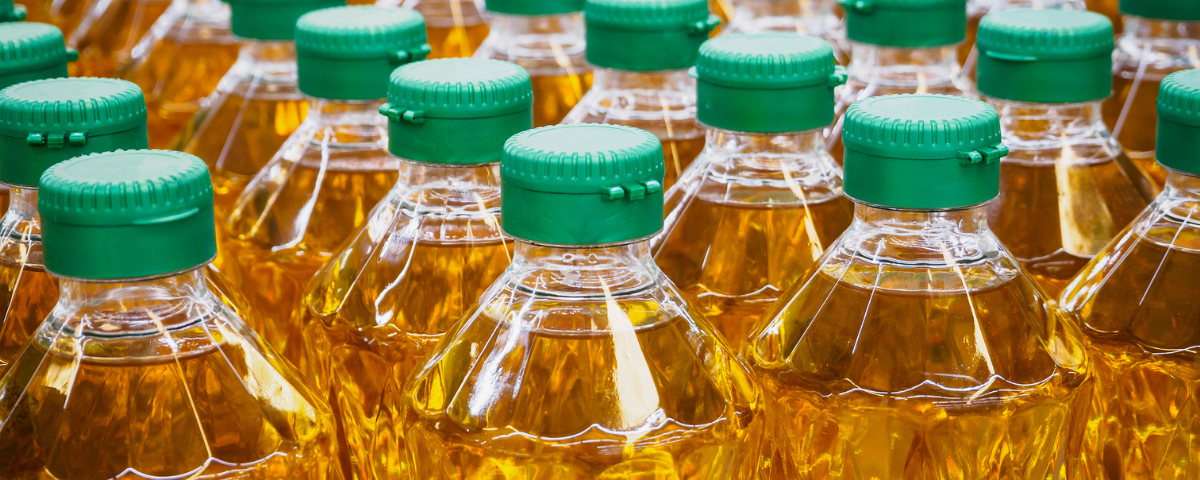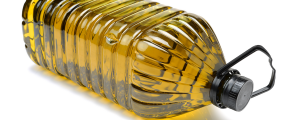Cooking Oil, that’s found in every kitchen of the world is often referred to as “yellow grease” or “liquid gold”. This is owing to the fact that the used version of this cooking oil is a very desirable commodity in today’s time. However, unfortunately, many companies around the world are not using the best practices to store and repurpose it well.
The Used Cooking Oil (UCO) market is ever-expanding and only recently have discovered a number of different uses for this great commodity. Right from making cosmetics to soaps and even Biofuel and therefore understanding the process of UCO extraction is essential. Once the oil is picked from homes, eateries, and supply chains, it goes straight to the processing center where any small particles of food, debris, and unwanted bits are filtered out from the oil. This processed oil is then reused to produce a variety of products.
So, what is Used Cooking Oil used to produce?
To curb the dependency on fossil fuel, used cooking oil has become a key ingredient in making alternative fuels like biofuel but specifically BioDiesel. This renewable fuel sourced from used cooking oil aims to reduce carbon emission and promotes sustainable fuel for transport. We at Aris BioEnergy, have spread our network to major metros in India. We are collecting leftover oil from commercial eateries and residential places.
- Soap
The making of soap includes two major ingredients: an alkaline base and fats. The process of soap making – Saponification extracts fats from the leftover oil and is then blended with lye to finally be molded in soaps while other elements like additions of coloring, exfoliants, textures, smell, and much more is taken care of at the molding stage.
- Cosmetics
The mega-industry of cosmetics is dependent on oil too. The makeup line of lipsticks, foundations, concealers to skincare and hair care products, and much more… all consists of oil. By adding yeast to used cooking oil, cosmetics manufacturers ferment the oil and acquire a varied level of concentration from it. And this concentration, when added, to these cosmetic products, are responsible for their easy-to-spread quality on the skin.
There are many new studies conducted to understand the use of leftover cooking oil in making food for livestock and even, fertilizers in the future. This goes to show the health, economic and environmental benefits for the ever-so-versatile used cooking oil.
For more information chat with us 917304745554




